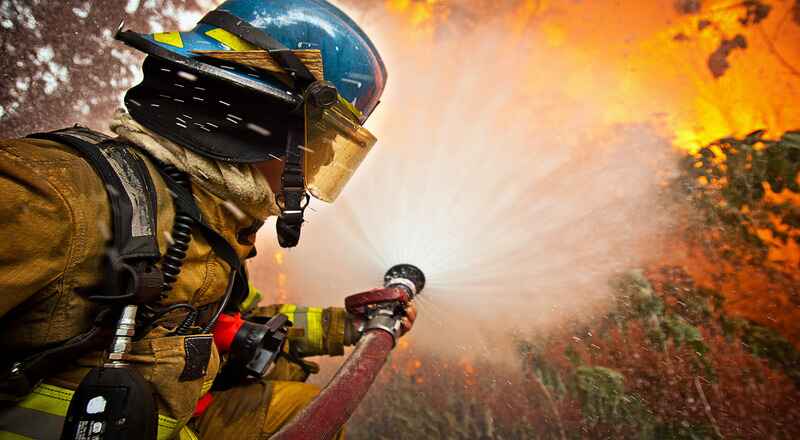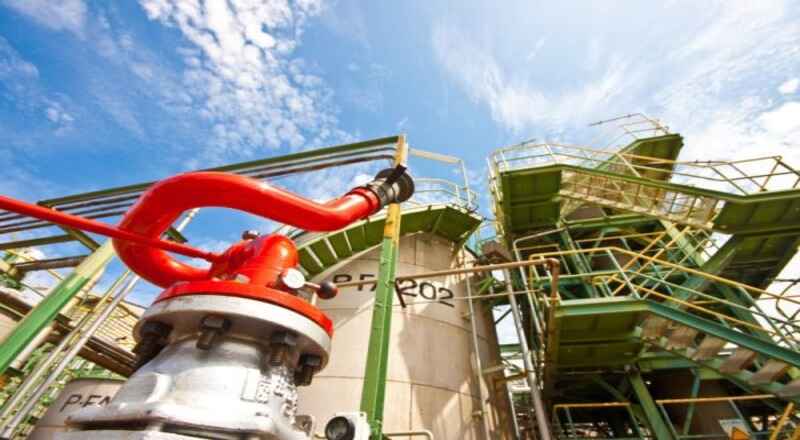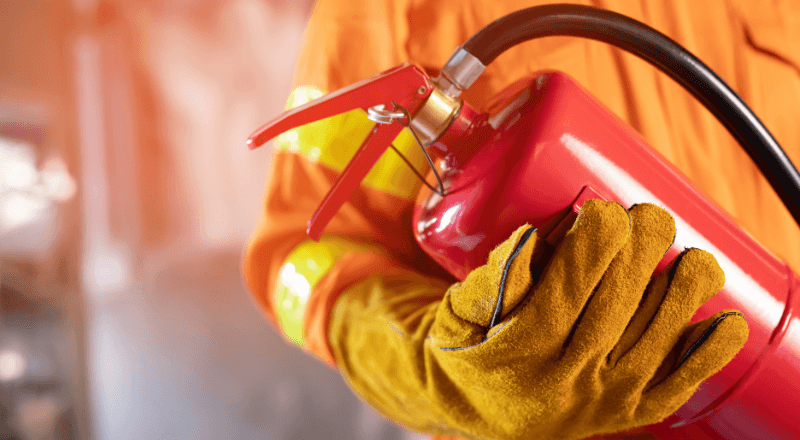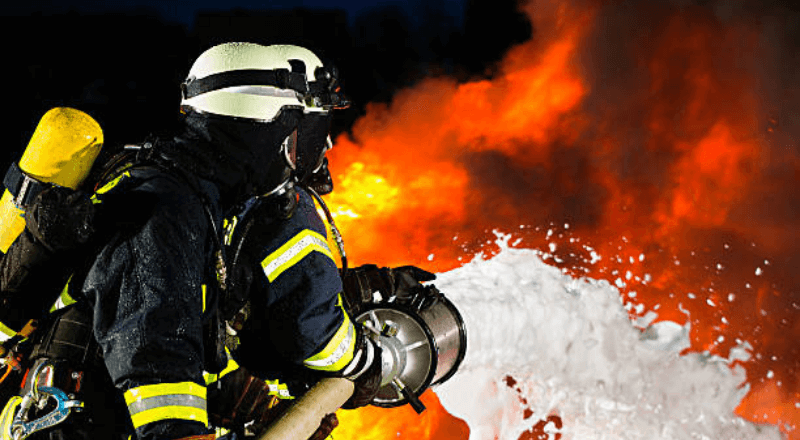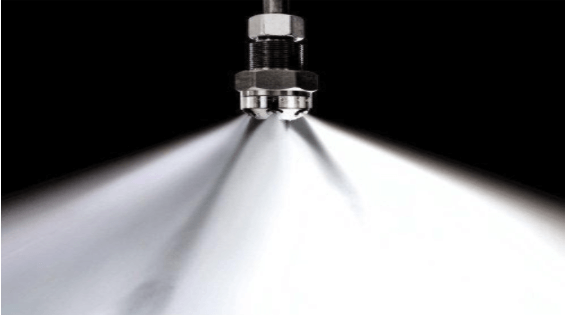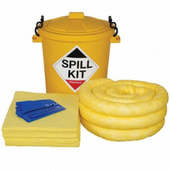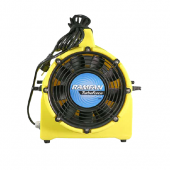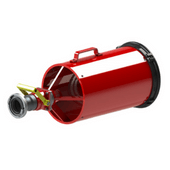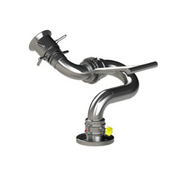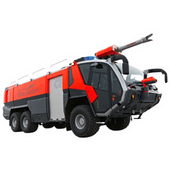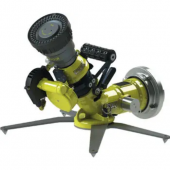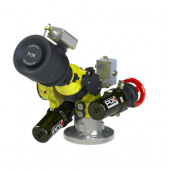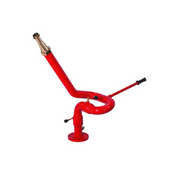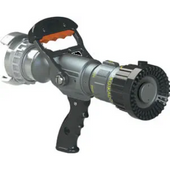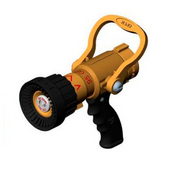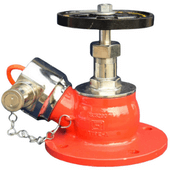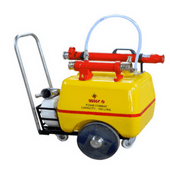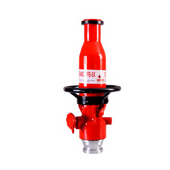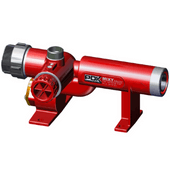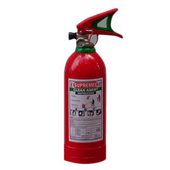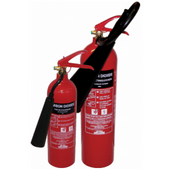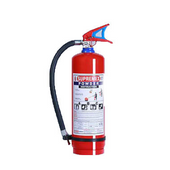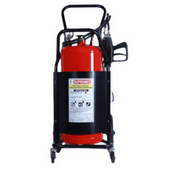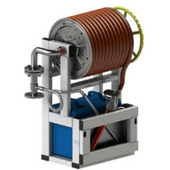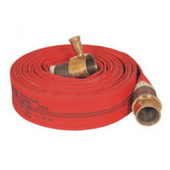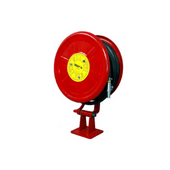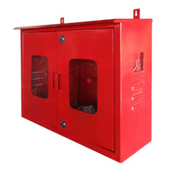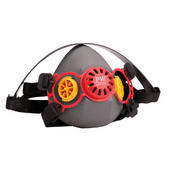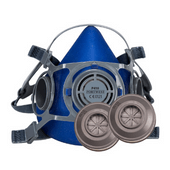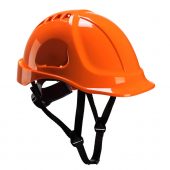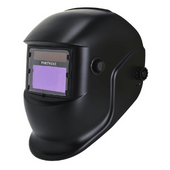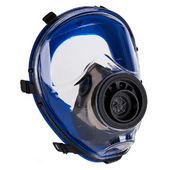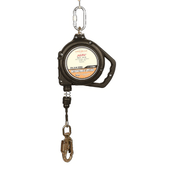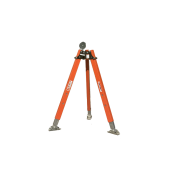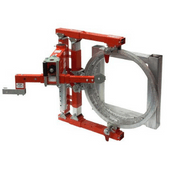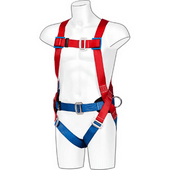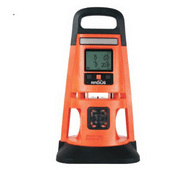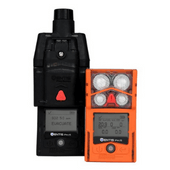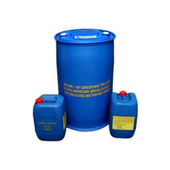
Your Guide to Choosing the best Fire and Safety Course: Top 4 Colleges in India
In India, the field of fire and safety engineering has garnered significant attention in recent years due to heightened awareness of safety standards and regulations across various industries. With the rapid industrialization and urbanization in the country, there has been an increased demand for skilled professionals who can effectively manage fire safety measures. As a result, numerous institutions across the country offer fire and safety course to cater to this growing need. Let’s delve deeper into the landscape of fire and safety engineering course and career opportunities in India.
Career Opportunities:
Fire and safety engineering graduates and diploma holders have a wide range of career opportunities across various sectors, including:
- Fire Departments: Working as fire safety officers, firefighters, or fire inspectors in municipal fire departments, airports, or industrial facilities.
- Manufacturing and Construction Industries: Ensuring compliance with fire safety regulations and implementing safety protocols in manufacturing plants, construction sites, and other industrial settings.
- Healthcare Facilities: Managing fire safety measures in hospitals, clinics, and healthcare facilities to ensure the safety of patients, staff, and visitors.
- Consulting Firms: Providing consultancy services in fire risk assessment, safety audits, and emergency response planning for businesses and organizations.
- Government Agencies: Working in regulatory bodies, disaster management agencies, or research institutions involved in fire safety and disaster preparedness.
Fire and safety course help candidates secure jobs with salary ranging from 4 to 17 lakh per annum at entry level.
Fire and Safety Courses:
Fire and safety course in India play a crucial role in producing competent professionals equipped with the knowledge and skills to prevent, mitigate, and manage fire-related incidents effectively. As the importance of fire safety continues to be emphasized across industries, the demand for qualified fire and safety engineers is expected to rise, offering ample career opportunities for aspiring individuals in this dynamic field. By pursuing fire and safety courses in India, students can embark on a rewarding career path dedicated to ensuring the safety and well-being of communities and environments.
Fire and safety courses typically span various levels of education, including diploma, undergraduate (Bachelor’s degree), postgraduate (Master’s degree), and even doctoral programs.
Diploma Courses:
Diploma courses in fire and safety engineering typically last between six months and one year. These programs provide foundational knowledge and practical skills necessary for roles such as site safety officers, safety supervisors, fire safety technicians, inspectors, or assistants. The curriculum covers topics like occupational health and safety, fire prevention, firefighting techniques, first aid, and relevant laws and regulations. Many institutions offer these courses across various cities, but it is crucial to verify the institution’s credibility and the quality of its training facilities before enrolling. Simply obtaining a certificate does not always guarantee job placement.
For government or public sector positions, a safety diploma must be obtained from Central or Regional Labour Institutes (CLI/RLI) or be approved by the State Board of Technical Education. Additionally, many of these jobs require an engineering degree or a graduation as the educational background.
Central Labour Institute, Mumbai, and Regional Labour Institutes at Chennai, Faridabad, Kanpur, and Kolkata are conducting one-year Diploma Course in Industrial Safety. Advance Diploma in Industrial Safety offered by the Central Labour Institute, Mumbai, and Regional Labour Institutes Chennai, Faridabad, Kanpur, and Kolkata is a recognized statutory qualification for appointment as Safety Officers as per The Factories Act, 1948. These Diplomas are awarded by the Directorate of Technical Education of the respective State Governments. To be eligible for admission to the course, candidates must have a degree or diploma in any branch of technology or engineering, or a degree in physics or chemistry as a major subject from a recognized university or institute. Additionally, candidates should have practical experience in a supervisory capacity or higher. Specifically, those with a degree in engineering or technology need two years of such experience, while those with a diploma in engineering or technology, or a degree in physics or chemistry, need five years of experience. This practical experience should be in fields such as manufacturing, maintenance, or safety departments in a factory, the construction industry, ports, or DGFASLI/DISH-approved research, training, or educational institutes in the field of industrial safety.
Sub Officer course conducted by the National Fire Service College (NFSC) is also one of the prominent fire and safety course for securing jobs as Fire Officers in Government departments. NFSC offers Sub Officers Courses for candidates who have completed a graduation degree or diploma program in Engineering. The total intake annually is 30 students. An All India Entrance Exam is conducted for Sub Officers Post by the Institute itself. The eligible candidates can apply through forms available at the portal (https://nfscnagpur.nic.in/)
Although the aforementioned fire and safety courses are the most well-known, other postgraduate and advanced diploma courses offered by private institutions also enhance job prospects in the private sector. NEBOSH certificates and diplomas are particularly popular and in high demand in Gulf countries. Prospective students should thoroughly research institutions before enrolling in these courses, considering factors such as course accreditation, placement records, and fees.
Undergraduate Courses:
Bachelor’s degree programs in fire and safety engineering usually span three to four years. They delve deeper into the theoretical aspects of fire science, safety engineering principles, risk management, disaster management, and environmental safety. Students also receive hands-on training in fire safety equipment operation and emergency response procedures. Upon completion, graduates can pursue careers in the Management cadre as fire safety officers, safety engineers, or consultants in various industries.
Several government and private institutions in India offer fire and safety engineering courses at various levels. Some of the prominent institutions include:
National Fire Service College (NFSC), Nagpur
NFSC is a premier institution under the Ministry of Home Affairs, Government of India, offering diploma, undergraduate, and postgraduate fire and safety courses in fire engineering and safety management.
National Fire Service College was established in 1956 at Rampur, Uttar Pradesh, under the Ministry of Home Affairs, Government of India. It was later shifted to Nagpur, Maharashtra in June 1957, where it is currently located. It has a huge campus of 43 acres. It has experienced faculty in fire engineering, fire ground operations, electrical, management, mechanical, civil, fire law, paramedics, psychology, physics, and maths. The library has an array of books of over 10000. The laboratories are state-of-the-art and equipped with the latest instruments.
The NFSC admission for 4 Year B.E. (Fire Engineering) is based on the all-India ranking in the exam of JEE (Main) and the physical and medical fitness checked at the college. The NFSC placement cell works to provide employment opportunities to the students. Seminars, corporate meets, conferences, personality development programs, and communication skills programs are arranged for the students to help them become ready for placement. Campus Interviews are conducted by renowned firms like ONGC, BPCL, HPCL, Reliance Industries, TATA, DLF Group, JSW Steel, ONGC Petro Additions Ltd., MGNL, etc. NFSC achieves nearly 100% placement for their candidates through campus interviews.
For more details visit Home: National Fire Service College (nfscnagpur.nic.in)
School of Engineering, Cochin University of Science and Technology (CUSAT), Cochin
The B.Tech. program in Safety and Fire Engineering, started in the year 1996 at Cochin University of Science and Technology (CUSAT)offers a 4-year BTech in Fire & Safety Engineering and admission is through the common engineering entrance test done by the University. Apart from the UG and PG programs, the Division offers Ph. D. programs in the frontier areas of safety and fire engineering as well.
For more details visit School Of Engineering (cusat.ac.in)
IPS Academy Institute of Engineering & Science, Indore
Department of Fire Technology & Safety Engineering, IPS Academy was established in the year 1999. The Department offers a year Bachelor’s degree of Engineering in Fire Technology & Safety Engineering and 2-year MTech in Fire & Safety Technology. Courses are approved by AICTE New Delhi, approval and affiliation with the Rajiv Gandhi Proudyogiki Vishwavidyalaya, Bhopal, and also from the chief factory Inspectorate labor department, Govt. of M.P.
For more details visit IPS Academy Indore
School of Advanced Engineering, UPES, Dehradun
BTech. in Fire & Safety Engineering program offered by UPES School of Advanced Engineering aims to equip students with comprehensive knowledge and skills in various aspects of risk assessment, accident investigation, and safety strategy development for a diverse range of projects. It is of 4-year duration and is approved by the University of Petroleum and Energy Studies, Dehradun.
The success of UPES fire & safety engineering graduates can be seen through their widespread employability across leading industries and firms in India and abroad.
For more details visit B.Tech Fire and Safety Engineering Courses, Syllabus, Fees | UPES
Postgraduate Courses / Doctoral Programs:
Master’s degree programs in fire and safety engineering are typically two years in duration and offer advanced coursework in specialized areas such as fire dynamics, fire protection systems design, industrial safety, and advanced risk assessment techniques. These programs often require students to undertake research projects or internships to gain practical experience and contribute to the advancement of knowledge in the field.
Indian Institute of Technology (IIT) Delhi: IIT Delhi offers a Master’s program in fire technology and safety engineering through its Department of Civil Engineering.
Ph.D. programs in fire and safety engineering are research-oriented and aim to develop scholars and experts in the field. Doctoral candidates conduct original research on topics related to fire safety, risk analysis, fire protection systems, or fire behavior. These programs generally take around three to five years to complete and culminate in the submission of a doctoral thesis.
In conclusion, exploring fire and safety course in India reveals a pathway to lucrative and rewarding career opportunities. As industries expand and prioritize safety, the demand for qualified fire and safety professionals continues to grow. These courses equip individuals with essential knowledge and skills, ensuring they are well-prepared to handle emergencies and implement effective safety measures. By investing in fire and safety education, aspiring professionals can secure positions in diverse sectors such as construction, manufacturing, healthcare, and public safety. Ultimately, a career in fire and safety not only promises financial stability but also offers the profound satisfaction of contributing to a safer and more secure environment for all.
If you need more information and guidance about fire and safety courses, leave a comment below to connect with our experts. You can share this article directly on social media to benefit your friends and colleagues.





